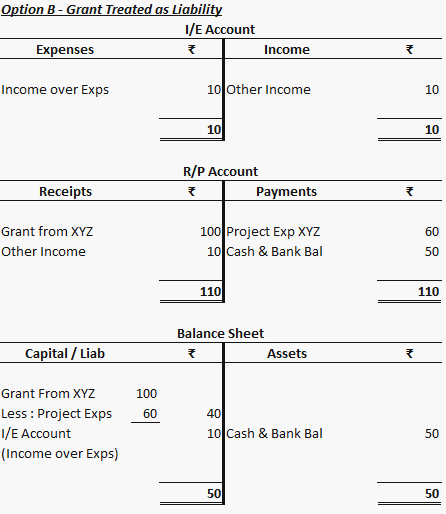Today, FCRA department has issued two lists of the organizations whose Bank Accounts are either not updated with FCRA or not as per Core Banking System format. These organizations are advised to update their Bank Accounts immediately in Form FC6.
As FCRA department is in the process of being paperless department, this is another step to have updated information regarding Bank Accounts of organizations.
List 1 Those NGOs, whose bank account detail is not updated as per core banking format
Before 4-5 years, due to core banking, Bank Accounts are changed to 10 or 12 digits instead of 4 or 5 digits. However, many NGOs have not intimate this change to FCRA department.
Check out the list and your NGOs name here – List 1
List 2 Those NGOs, whose bank account details are not there with FCRA department
Some of the NGOs have change their bank account after registration and not intimated such change to FCRA department. Or simply, FCRA department do not have any information regarding NGOs bank Account.
Check out the list and your NGOs name here – List 2
Action to be taken
Above NGOs have to update their Bank details immediately by filling online form FC-6.
Watch Tutorial Video – How to update Bank Details in Form FC6
For any further query, write in the below comment box.
















